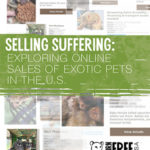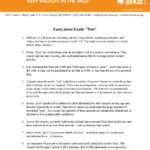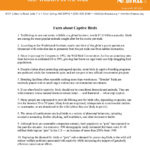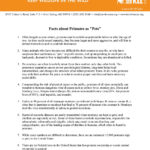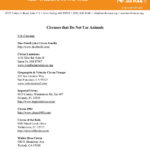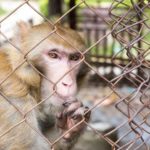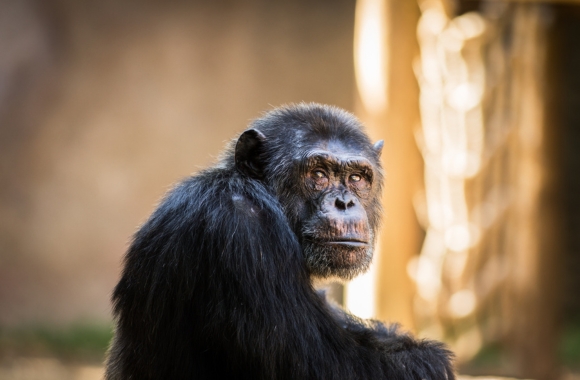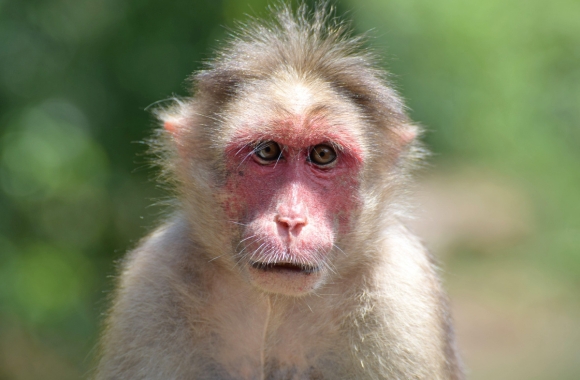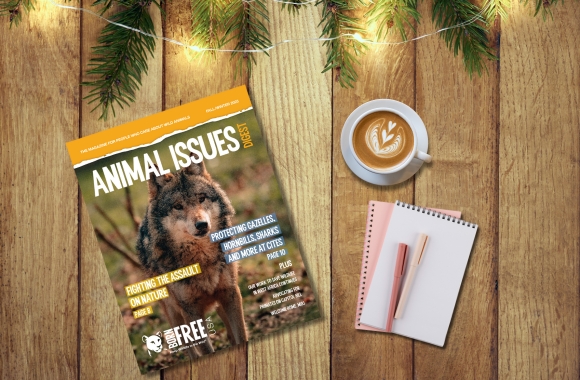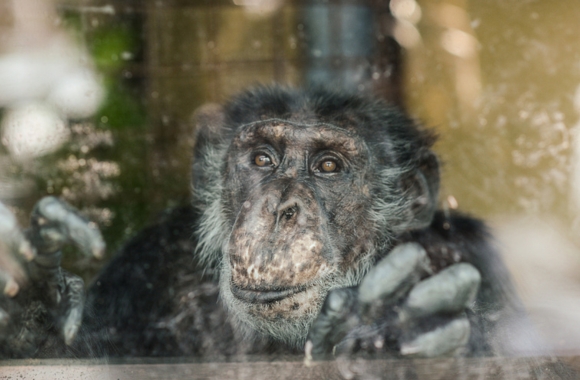Resources
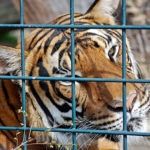
Webinar: The Reality Behind Tiger King: Captive Big Cats and the Need for a Federal Solution

Report: Their Lives for Your Likes: The Exploitation of Wild Animals on Social Media (2022)

Infographic: Sanctuaries Are Not the Solution to the Captive Primate Crisis
There are around 15,000 privately owned “pet” primates in the U.S. and an estimated 75,000 monkeys used in animal experimentation, plus countless more in zoos and used in other forms of entertainment. Sanctuaries like the Born Free USA Primate Sanctuary can provide a home for life for just a handful of monkeys, while the fate of the others is left in the hands of their “owners.” As this infographic demonstrates, the infrastructure, staffing, and funding needed to rehome and house every one of the estimated 15,000 “pet” monkeys in the U.S. at wildlife sanctuaries is unachievable and unrealistic, making it clear that sanctuaries are not the solution to the captive primate crisis.
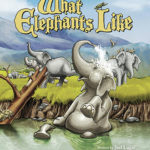
What Elephants Like
Animal suffering is an extremely delicate subject. Especially when talking with children. “What Elephants Like” is a website (and book) that can help parents communicate the message without getting into the graphic details.
Exotic Animals Incidents Database
Wild animals belong in the wild — not in the confinement of circuses, zoos, aquariums, backyards, or homes. In captivity, wild animals are not able to perform their natural behaviors and many lash out in frustration from psychological and physical deprivation. This situation is dangerous for animals and humans alike. Search our interactive database of attacks on humans, attacks on other animals, and escapes by exotic animals in the U.S.
SEARCHLatest News and Work
January 06, 2026
November 04, 2025





